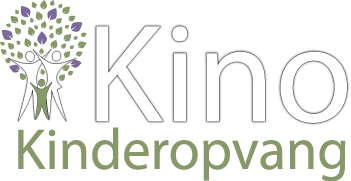Educational approach
By closely observing a child and responding to what he expresses, the child feels that he is welcome and important. The child and the childcare teacher develop a trusting relationship. The child feels safe, secure and well-known. These stable emotions pave the way for him to start exploring through play. All children, no matter how small they are, have a great intrinsic motivation to develop themselves. Each child is different, with different interests. We adapt the space, materials and our actions to these differences. Children play in-depth and engaged with toys that encourage active exploration. The child feels resourceful and his self confidence grows. Feeling good invites him to pursue new experiences!
Trusting children
with the Pikler approach and the Montessori method
We are inspired by Emmi Pikler and Maria Montessori. Both educators aptly describe how children develop and they clarify how we can support the development process, with our actions and with the play environment and materials.
Discovery through free play and movement at Kino
A baby lying on her back feels the support of the surface beneath her. The stable position allows her to calmly take in and process all sensory experiences. She slowly realises her body is her own and develops body awareness. The baby discovers that she can move and use her hands and feet intentionally. She kicks her legs and lifts her hips off the ground. The repetition of these movements creates strong connections in the brain, for muscle control and other functions. Children need freedom of movement to be active in this way. The baby gains more control over her body and begins to turn and crawl. We give children time and space to make these discoveries about themselves at their own pace. It is an important, fundamental development process, connected with the perception of the self. We are careful not to do anything that could disturb the process. When a child cannot yet turn or sit on her own, we do not lay her on her stomach or put her in sitting position. That would confuse her and make her unnecessarily dependent. Allowed to reach the milestones in her own time, the child will move graciously and feel proud and secure, comfortable in herself.
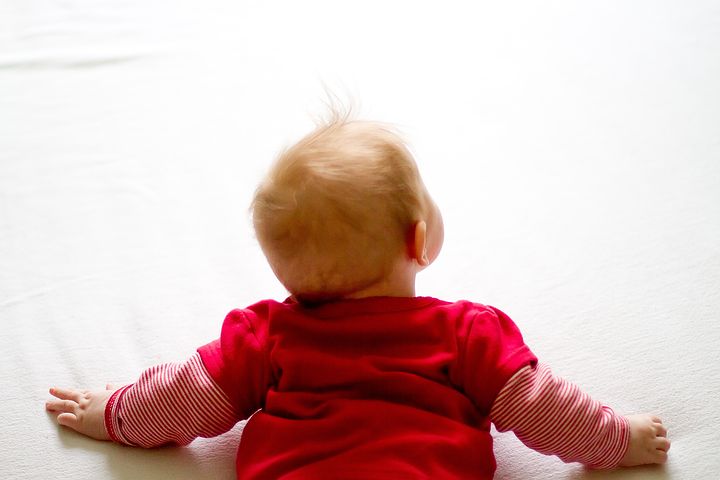
It is an incredible experience to watch how young babies already set themselves goals and work towards achieving them! Children investigate how the world works, while playing freely, pursuing their own interests, with open-ended, passive toys that do nothing of their own accord and which can be used in various ways. The children get to know their own possibilities and limits. Deeply involved in their play, they are self-motivated to learn. This way, children discover more than adults could ever teach them directly.
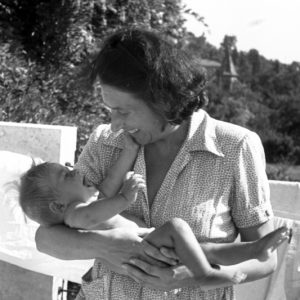
Who is Emmi Pikler?
Emmi Pikler (1902-1984) worked as a paediatrician and pedagogue in Austria and Hungary. Pikler fostered the individual personality of children and their innate potential. A newborn baby may look helpless, but is a person who can communicate and have specific interests and preferences, she said. Pikler came to realise that children learn and develop best in their own unique way in their own time. Without stimulation or direct instruction, but supported by attentive, personal care, free movement and simple toys.
Pikler raised a daughter and visited families every week, working as a paediatrician. She guided parents to trust their children’s ability to develop through self-motivation and Pikler showed them how to support the process, with respect for the children’s own initiatives for sleeping, moving, playing and discovering.
In the children’s home named Lóczy that Pikler founded in 1948, she elaborated on her ideas to enable good care and secure emotional attachment for children growing up in a group, (mostly) without their own parents. Scientists studied the effects of her approach and concluded that the children grew up just as stable and happy as children brought up in ordinary families and that they developed very well.
The experiences in the Pikler Institute, a daycare centre nowadays, give us insight how to provide the best possible care in group settings. How to ensure each child feels really seen, by being attentive and consciously building a close, trusting relationship. How to respect the authenticity and autonomy of children. How they can develop themselves through free movement and free play, and how the contact with adults and other children plays an enriching part in their socialisation process.
A close relationship because of personal attention
To be able to play and move freely, children need a secure base. That is why at Kino we give a lot of individual attention to children when we are taking care of them. A baby drinking a bottle receives our full attention. When changing diapers, we focus on being together in the moment. In a peaceful and attentive atmosphere, the child participates in her own care and cooperates, for example by lifting her hips by herself when a new diaper is put on or by sticking her leg into a trouser. This builds independency but also affirms the child: I am worthy and respected.
We even tell the youngest baby what we are planning to do, before we do it. “I’m going to lift you up, I will change your diaper.” This way she can prepare herself and take part in the process. We express in words what we think the child is communicating through body language. Even when the childcare teacher does most of the talking and the child says very few words or none at all, it is still a conversation. The moments of care are very important to develop a strong relationship. The child feels understood, we get to know each other better.
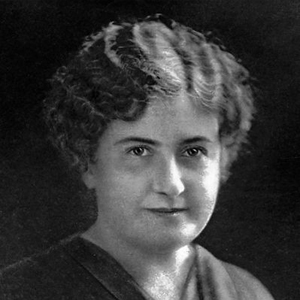
Who is Maria Montessori?
Maria Montessori (1870-1952) was an Italian physician and educator. Her name might sound familiar because of Montessori primary schools. The core of Montessori education is summed up in her statement: “Help me to do it myself“.
Montessori educated young children from different social backgrounds, with or without mental disabilities. She noticed all young children possess curiousity and a natural eagerness to learn. Montessori identified certain themes of interest, common for children in the same developmental phase: the sensitive period. The more children can immerse themselves in the themes that currently appeal to them, the deeper their learning experience will be.
Free development comes with guidance. Children need clear expectations and a carefully prepared environment with play materials that meet their actual research interests. “Freedom within limits”, Montessori said. There is need of structure, for example by presenting the materials in an orderly and inviting manner at a designated place. Children learn to take their surroundings into account and to be considerate of each other. Certain agreements are in place, so that everyone can enjoy playing but also keep their focus and concentration when needed.
I want to do it by myself
At Kino we allow children to choose their own activities. Unstructured play is very important at a young age. The freedom to create your own play and make your own discoveries, is inspirational. Children feel good about themselves, seek challenges and enjoy their activities!
We offer open-ended toys that can be used in multiple ways and also educational montessori materials. Children work with focus on a goal or skill using these materials. Playing is having fun and more: it is also exploratory learning while following your own motivation.
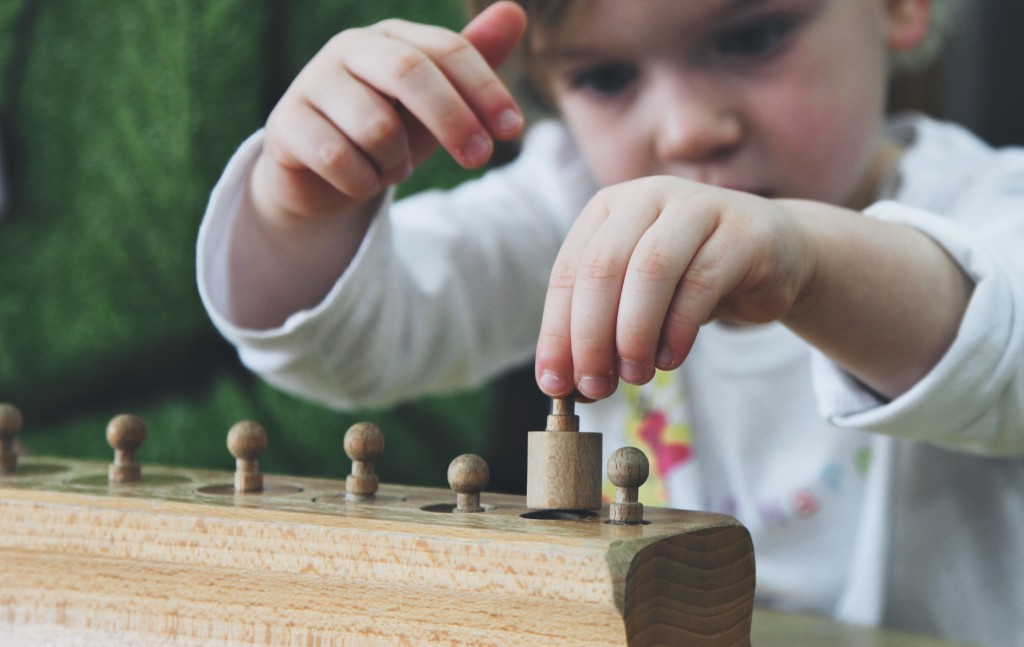
We give children the opportunity to act independently. This is how we see what they can do and what they want to do. We observe the children and select toys and materials to offer them, based on our observations. We create a play and learning environment adjusted to their needs. Children show involvement, creativity and imagination in their playing activities. We change the materials regularly to keep the children interested.
The environment and habits invite children to do things themselves: we have low tables and chairs at children’s level and, for example, we keep wipes and small brushes at hand to enable children to clean up after themselves in case of an accidental spill. Young children often enjoy the responsibility and ability to contribute to their environment.
During meals children scoop up their own portions of fruit and pour their drinks into real glasses. Because of the independence – which toddlers and preschoolers long to have – children eat and drink well and enjoy the moment. If children like, they can occasionally help with practical work such as setting the table, folding laundry or preparing food.
Wish to know more about our educational views and practical approach? Feel welcome to make an appointment for a tour or enroll.
